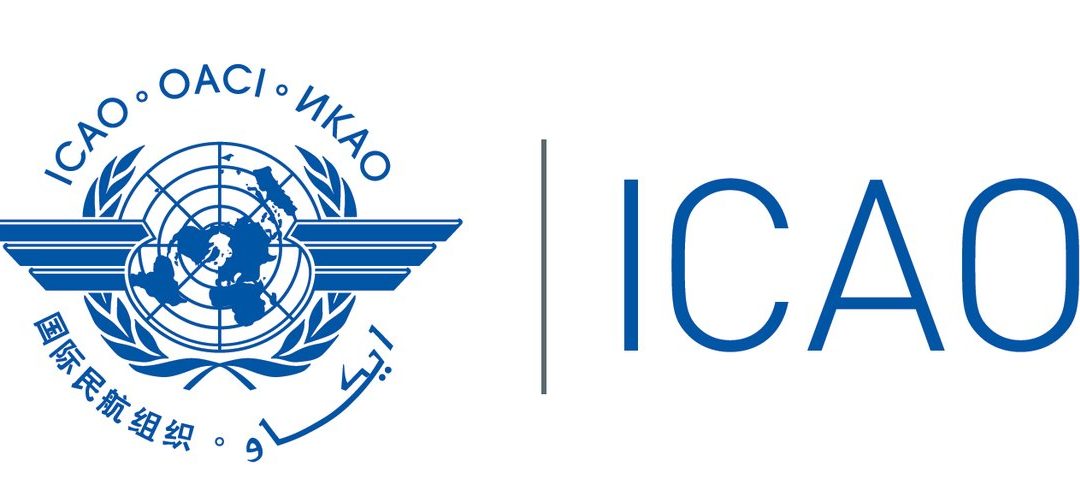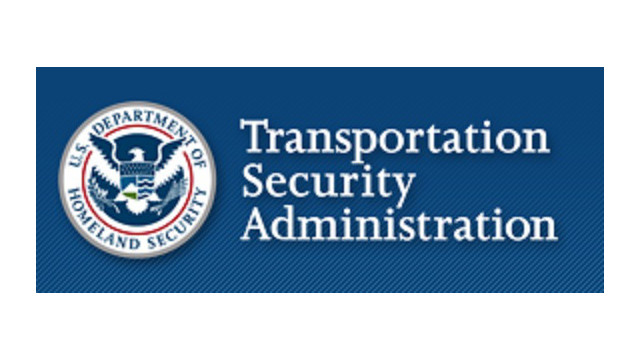
by Lufthansa Flyer | Oct 30, 2017 | FAA, Featured, ICAO, Security, TSA |
A few months ago, the FAA and TSA said that laptops were becoming the choice tool of terrorists to blow up aircraft. Panic ensued, passengers were pissed, nothing bigger than a smart phone can be in the cabin. You were assured of imminent doom should anything with a battery come aboard a plane with you because someone would use it to blow you out of the sky.
Fast forward to today…..
Laptops shouldn’t be in checked luggage, they’ll spontaneously combust and become little terrorist devices that will blow you out of the sky. Laptops and similar electronics must be brought aboard the aircraft if you are to survive that flight to Munich. If you check your laptop, you don’t stand a chance of getting to your destination. You’ll die in a plunging fireball…….
A little too much? Sure. But according to the FAA and ICAO, laptops apparently have no business being inside of checked luggage.
In a report released by the ICAO (International Civil Aviation Organization) during its recent gathering in Montreal on October 27, it supports the FAA’s conclusion that packing a large electronic device into checked bags poses a substantial fire threat to an aircraft.
The FAA begun testing laptops inside of luggage after the TSA imposed a ban on electronic devices being brought into the cabin in the summer of this year. At the time of this new TSA policy, no testing had been carried out to merit the safety of checking electronics equipped with large, volatile batteries into the cargo hold. During the FAA testing, it was found that when a moderate heat source was added to a laptop inside a suitcase packed with other items such as clothing and items containing liquids, 1 out of 5 laptops showed ‘thermal runaway’ that could potentially ignite the laptop.
According to the testing, the most alarming discovery was what happened when the battery ignited causing other items in the suit case to catch fire. Suitcases containing things such as aerosol (dry) shampoo, nail polish remover, hand sanitizer and other similar items that contain even trace amounts of alcohol resulted in the complete burning of the suitcase which led to adjacent luggage also catching fire.
In the situation with having flammable liquids in the case with a ‘runaway’ battery, the FAA conducting 4 additional tests with a ‘runaway’ battery. 3 of the 4 tests resulted in a fire causing full destruction of the suitcase and spreading to other pieces of luggage in the cargo hold. 1 test had the fire contained inside the suitcase without any damage to outside pieces.
With all this said, it now appears that the ICAO is prepared to issue an edict to its member airlines to add Personal Electronic Devices (PEDs) to the list of hazardous materials that are banned from checked luggage.
We should see this change take effect in the next few weeks since no one is opposing the FAA’s findings or the recommendation to ban laptops in checked bags.


by Lufthansa Flyer | Oct 25, 2017 | Featured, Lufthansa, Terror Alert, TSA |
Beginning tomorrow, October 26, passengers heading to the USA will be subject to a substantial increase in security measures before being allowed to board their flight. In fact, the new requirements include being at the airport AT LEAST 90 minutes ahead of your USA-bound flight’s departure so that you have enough time for the new screening process. This covers all USA and International carriers that fly to the USA.
According to the TSA, this will impact 2,000 daily flights that arrive in the USA and approximately 325,000 passengers.
This is not exactly a new surprise that popped up today. Tomorrow happens to be a deadline that was set 120 days ago when the USA first issued bans on electronics in the cabin, and other restrictions. Most if not all of those restrictions have since been lifted once airlines and airports demonstrated compliance with the new policies.
What might be different starting tomorrow?
The biggest change that I see is that security personnel will increase the number of ‘random’ interviews that they conduct with passengers heading to the USA. These interviews can happen either at the check-in area or at the gate.
Airlines have announced substantial changes as a result of this policy change. For example, Cathay Pacific has suspend ‘remote check-in’ at locations away from the airport and bag drop off services in cities such as Hong Kong.
Lufthansa Group is asking Economy Class passengers to be at the airport at least 90 minutes prior to departure to allow for enough time for the added scrutiny.
The TSA has been intentionally cryptic with what other security measures take effect tomorrow, but considering the nature and sensitivity of security, it’s understandable that they’re not telling us everything that they plan on doing. In their comments however they did indicate that this security enhancement is being done in order to prevent something like an Electronics Ban from being reinstated.
I guess for that alone, a little more screening at the airport is a small price to pay.


by Lufthansa Flyer | Jul 28, 2017 | Airports, Featured, Security, TSA |
The TSA announced yesterday that electronics being brought aboard flights operating from or within the USA will be subject to additional scrutiny at security check points.
In the coming days and weeks, a new measure will be rolled out at airports that requires passengers to take out any electronics larger than a Smart Phone, and place them in a separate bin at security checkpoints. This includes items such as laptops, tablets, walkmans ( 🙂 ), any kind of camera, or camera lens.
This new process is not unlike what we’ve been accustomed to for years when it came to our laptops.
As I said the title of this post, things could have been much worse. Only a few short weeks ago we were staring at the spectre of having to put all electronic items larger than a phone into checked bags. I’ll settle for this new policy anytime if it means keeping my gear with me.
By the way, for those of us enrolled in TSA’s PreCheck, fear not, we don’t have to take anything out of our bags so it’s business as usually for us in that respect. This policy does not apply to us.





